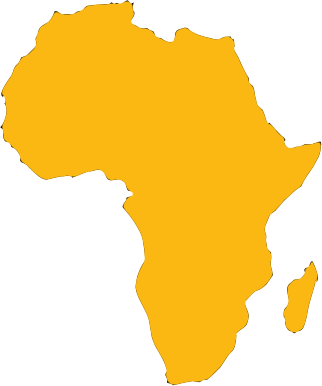Warning Issued for Major Water Crisis in Gauteng
By Neo Poho
Gauteng's metropolitan areas are facing a looming water crisis as Rand Water's supply system teeters on the edge of collapse, with water storage for the primary supplier dipping below 30%.
The City of Tshwane issued this warning following a meeting with Rand Water and fellow metropolitan areas Johannesburg and Ekurhuleni over the past weekend.
"The City of Tshwane convened an emergency meeting with representatives from Rand Water, City of Johannesburg, and the City of Ekurhuleni to address severe strain on the Rand Water supply system, which is nearing collapse," stated Tshwane officials.
Rand Water's total water storage has plummeted below 30%, necessitating immediate interventions to mitigate the crisis, according to the City of Tshwane.
According to Rand Water, the metropolitan areas have been consuming water well above agreed-upon rates for an extended period and have been advised to implement measures to reduce consumption.
Meanwhile, the city of Tshwane and the city of Johannesburg have announced water restrictions to reduce demand, urging residents and businesses to use water sparingly while Ekurhuleni had issued a similar alert earlier in the week.
Issues with water supply in Gauteng stem from longstanding problems rather than just the current heatwave.
Experts attribute these challenges to poor infrastructure, highlighting that the issue isn't necessarily excessive consumption but rather water loss due to leaks.
"The strain on the system arises from Rand Water's inability to meet demand, as about half of the water entering the system is lost to leaks, and there isn't sufficient additional capacity," stated water expert Professor Anthony Turton.
Various supply systems and pipes across Gauteng have been grappling with issues for an extended period, exacerbated by factors such as aging infrastructure, lack of investment in upgrades and maintenance, vandalism, theft, and rising demand due to urbanization.
Johannesburg's 2023 "No Drop Report" highlighted serious concerns regarding water losses, with the metro losing approximately 44% of its water supply due to non-revenue water, including stolen water, non-billable water, and leaks.
Leaks account for 25% of the fresh drinking water lost due to infrastructure failures.
"The struggle to restore water in Joburg indicates strain on the entire shared water supply system," remarked Tshwane MMC Themba Fosi.
Fosi also added that to prevent a full-fledged water crisis, residents are urged to participate in water conservation and demand management initiatives.
Government's Response:
The Department of Water and Sanitation (DWS) stated that it is taking steps to reduce water loss through water balance analysis, pressure control techniques, and appropriate infrastructure maintenance as supply points have been shut off in several areas across the province.
These developments follow widespread ongoing outages in many areas across Johannesburg, South Africa's economic hub, since early March.
For weeks, hundreds of thousands of residents in Johannesburg areas from Soweto to Randpark Ridge have experienced water shortages.
Initially attributed to a power failure at Rand Water's Eikenhof pump station due to a lightning strike, subsequent power outages further affected reservoir filling.
However, 10 days into the crisis, it was revealed that a valve on a pipeline supplying over 20 suburbs had been closed.
Rand Water denied claims that this impacted supply issues, attributing the water crisis to the heatwave in the province.
Article Tags
 Africa
Africa Education
Education Joburg
Joburg South Africa
South Africa Greatest Africans
Greatest Africans Africa
Africa Education
Education Joburg
Joburg South Africa
South Africa Greatest Africans
Greatest Africans